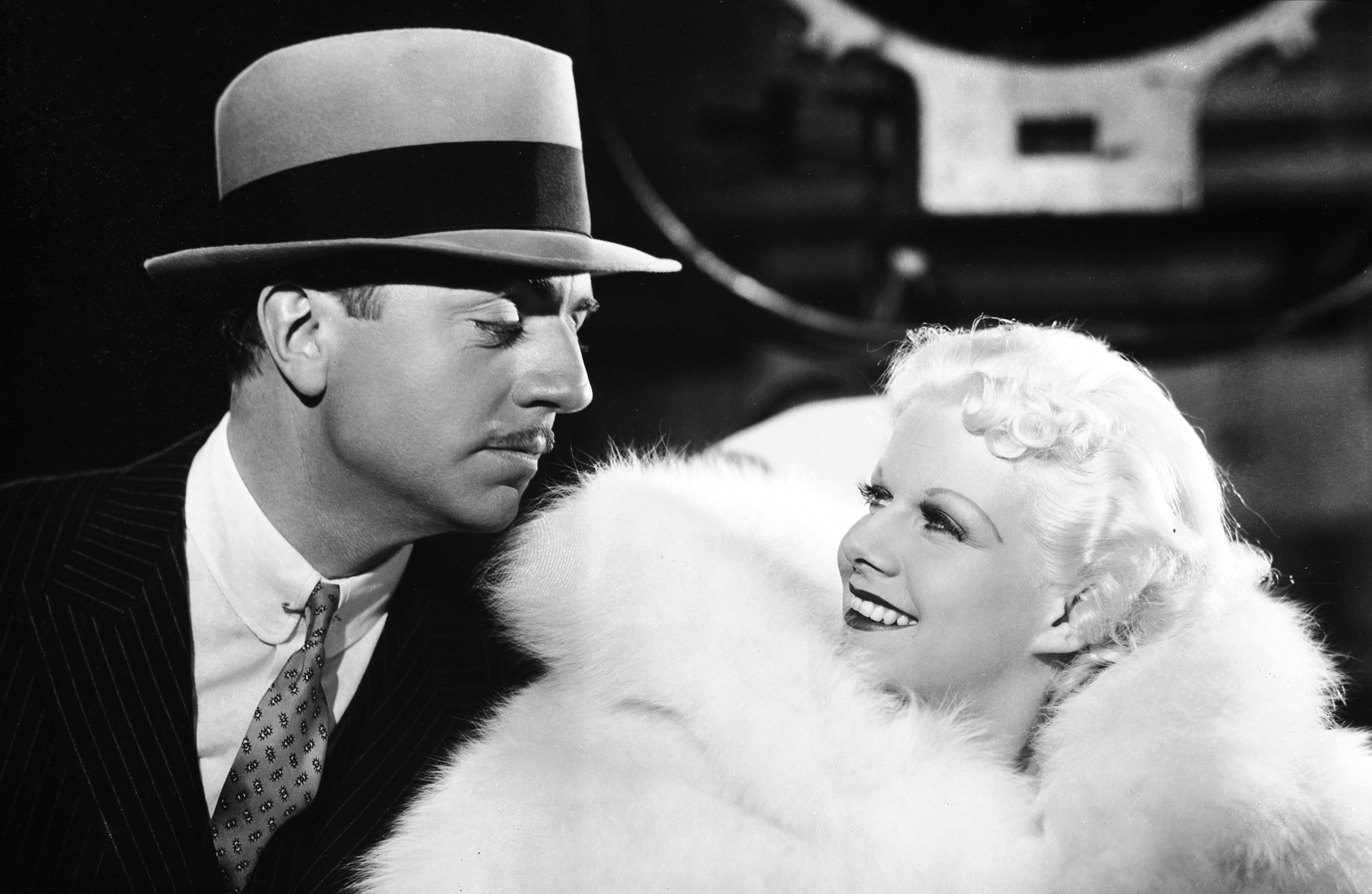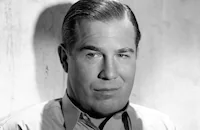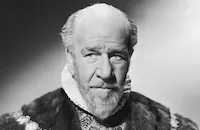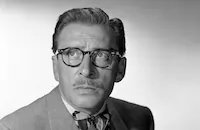Using the pseudonym Oliver Jeffries, producer David O. Selznick himself wrote the original story, entitled "A Woman Called Cheap." Working titles for the project were Hard to Handle and Born Reckless before it reached the screen as Reckless (1935). The story was based in part on the tragic circumstances surrounding Libby Holman, a singer who married tobacco heir Zachary Smith Reynolds II. Reynolds had committed suicide, but rumors spread that Holman was in some way responsible. This was not the first film to use Holman's life as source material: earlier examples include Brief Moment (1932) and Sing Sinner Sing (1933).
Originally, Joan Crawford was selected to play the lead opposite William Powell. When Louis B. Mayer ordered Harlow to play the part instead, she became angry, convinced that Mayer was trying to capitalize on the notoriety surrounding Libby Holman, a close friend. Moreover, Harlow herself had just lived through an uncannily similar chain of events; her second husband Paul Bern committed suicide, leaving a note which suggested impotence as the reason. In the fall of 1934, a grand jury in Los Angeles reopened the investigation into the case, creating more unwanted publicity for Harlow, although nothing was uncovered that hurt her standing. William Powell had befriended Harlow during this time and urged her not to refuse the part, arguing that it would jeopardize her career and compound the negative publicity already surrounding her. In response Harlow worked especially hard at this role, determined to prove her acting skills.
According to Daily Variety, the picture was shot as a straight melodrama; after it was finished MGM decided to add musical numbers, sending the cast and crew back before the cameras. David O. Selznick reportedly hated musicals and produced only two: the Joan Crawford vehicle Dancing Lady (1933) and Reckless, his last. There are conflicting accounts regarding Jean Harlow's degree of participation in the musical numbers. Contemporary sources such as the New York Times claimed that Harlow "neither danced nor sang in the film" and that Virginia Merrill was used to dub her voice, while doubles were used to shoot some of the dance moves. Other sources today claim that Harlow in fact did much, though not all, of the musical routines herself. Regardless, it became Harlow's top-grossing film to date.
Director: Victor Fleming
Producer: David O. Selznick
Screenplay: P. J. Wolfson, based on a story by Oliver Jeffries
Cinematography: George Folsey
Editing: Margaret Booth
Music: "Reckless" (music by Jerome Kern, lyrics by Oscar Hammerstein II); "Ev'rything's Been Done Before" (music by Jack King, lyrics by Edwin Knopf and Harold Adamson; "Hear What my Heart is Saying" (music by Burton Lane, lyrics by Harod Adamson).
Principal Cast: Jean Harlow (Mona Leslie), William Powell (Ned Riley), Franchot Tone (Bob Harrison), May Robson (Granny), Rosalind Russell (Josephine Mercer), Mickey Rooney (Eddie), Ted Healy (Smiley).
BW-98m.
by James Steffen




































